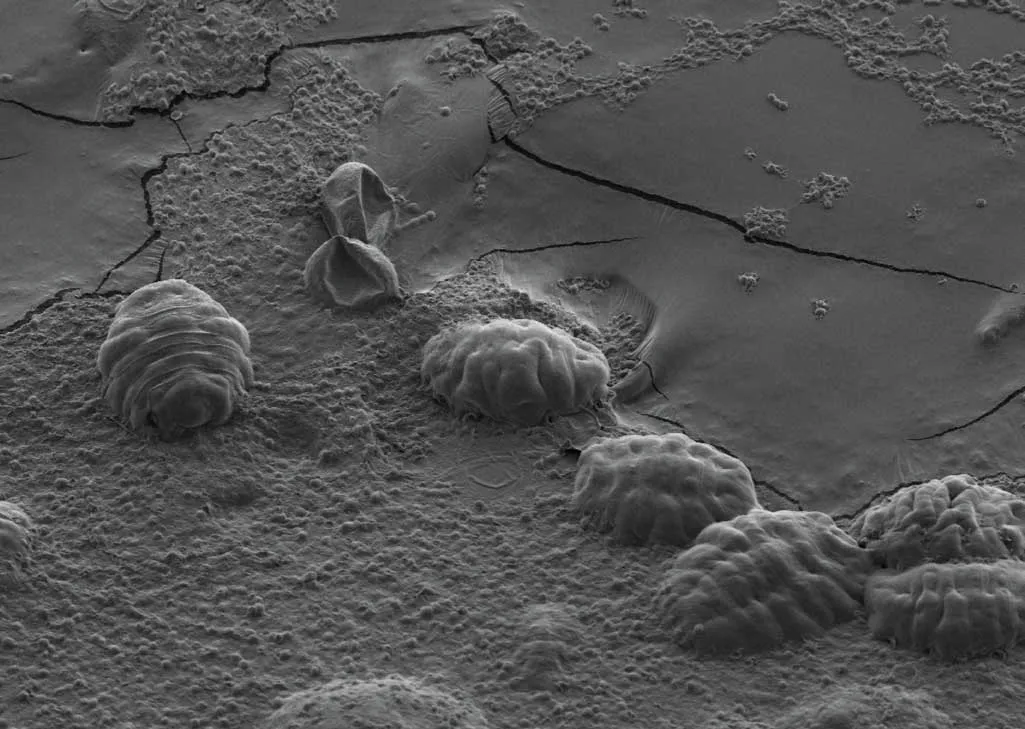When it comes to survival, Bear Grylls has nothing on tardigrades. These microscopically small critters, sometimes known as water bears, can survive in environments with temperatures as high as 100°C and as low as -200°C and pressures up to six times higher than at the bottom of the ocean. They can even withstand the vacuum of space - no wonder they are the world's toughest animal!
Now, researchers at the University of North Carolina have figured out the secret behind another of their incredible abilities – the capacity to survive for more than a decade without water.
It seems that when water bears are dehydrated, the cytoplasm in their cells turns into glass, locking biological molecules in place to prevent them from becoming altered or damaged. And it all happens thanks to the action of a class of chemicals dubbed ‘tardigrade-specific intrinsically disordered proteins’ (TDPs).

By analysing the gene expression of three species of tardigrade under different conditions – unstressed, drying out and frozen – the study, published in Molecular Cell, found unusually high levels of TDP gene expression during the drying-out period. “The big takeaway from our study is that tardigrades have evolved unique genes that allow them to survive drying out,” said research lead Thomas Boothby.
To verify their results, the researchers put the genes encoding them into yeast and bacteria, and found the genes were able to protect these other organisms when deprived of water too. The results show that TDPs have a number of potential uses, including protecting crops from drought and safeguarding medications that normally require cold storage, the researchers say.
“Being able to stabilise sensitive pharmaceuticals in a dry state is very important to me personally,” Boothby said. “I grew up in Africa, where lack of refrigeration in remote areas is a huge problem. These real-world applications are one of the things that led me to study tardigrades.”
Follow Science Focus onTwitter,Facebook, Instagramand Flipboard
